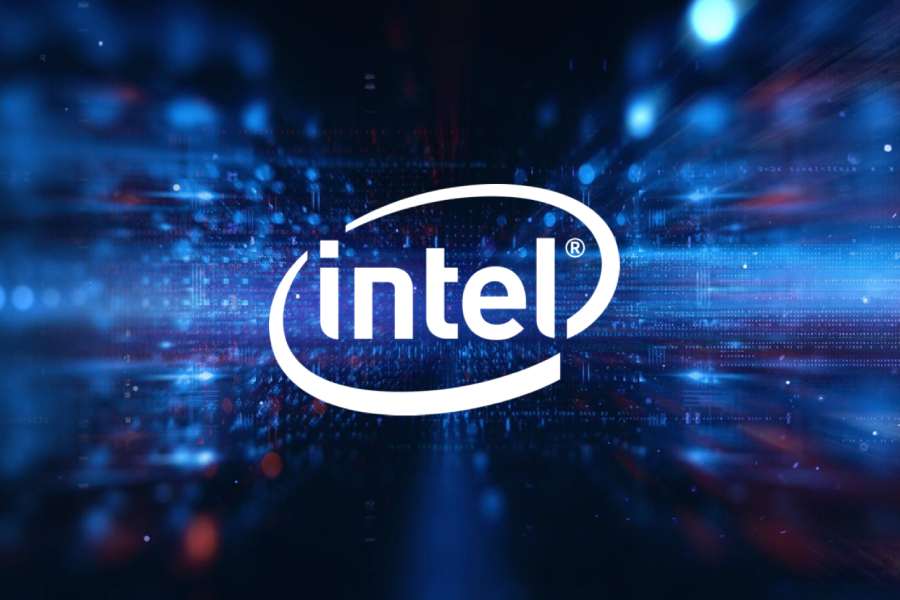As the U.S. government tightens its grip on chip exports to China, Intel emerges as a savior for Chinese firms desperate to fuel their growing large language models (LLMs). According to a report from DigiTimes, Intel‘s Gaudi2 processors have gained significant traction in mainland China since their launch this past July.
The new Intel chips are designed for AI algorithms
Traditionally, Chinese tech firms have relied on Nvidia’s A100 and H100 processors to train their advanced algorithms. However, U.S. export restrictions have hampered the supply, opening a black market for smuggled chips. Intel’s Gaudi2 chips, designed to navigate these export curbs, are offering a legitimate alternative.

David Zinsner, Intel’s CFO, highlighted earlier this month that there’s a growing interest in Gaudi chips due to a shortfall in alternative processors. The chips aren’t just a stopgap; they’re shaping up to be a catalyst in China’s pursuit of AI dominance. In August, the Chinese government approved the launch of its first batch of local LLMs. Names like Baidu’s Ernie Bot and SenseTime’s SenseChat were part of this roll-out. Intel’s Gaudi2 chips offer these companies a viable way to train their AI algorithms, given that they cater to the specific technological constraints imposed by U.S. export laws.
Intel, which last year made 27% of its total revenue in China, seems to have strategically positioned its Gaudi2 processors. At its launch, Sandra Rivera, Intel’s executive vice-president, said that these chips aim to “lower the barrier to entry” and help build up China’s AI capabilities.
Given that China accounted for a third of global semiconductor sales last year, according to the Semiconductor Industry Association, Intel’s focus on mainland clients is both timely and strategic. Amid geopolitical tensions and technological limitations, Intel’s Gaudi2 chips are not just filling a gap; they’re also potentially shaping the future of AI in one of the world’s largest markets.
RELATED:
- Thunderobot Launches “Console Like” MIX Mini Gaming PC with Intel i9-13900H, and Nvidia RTX 4070! Starting at 5,499 Yuan
- Colorful Evol P15 gaming laptop launched with 165Hz Quad HD display, 12th gen Intel CPU, 180W chagrining
- Best Smart Shoes of 2023 – Adidas, Under Armour & More
(Via)







